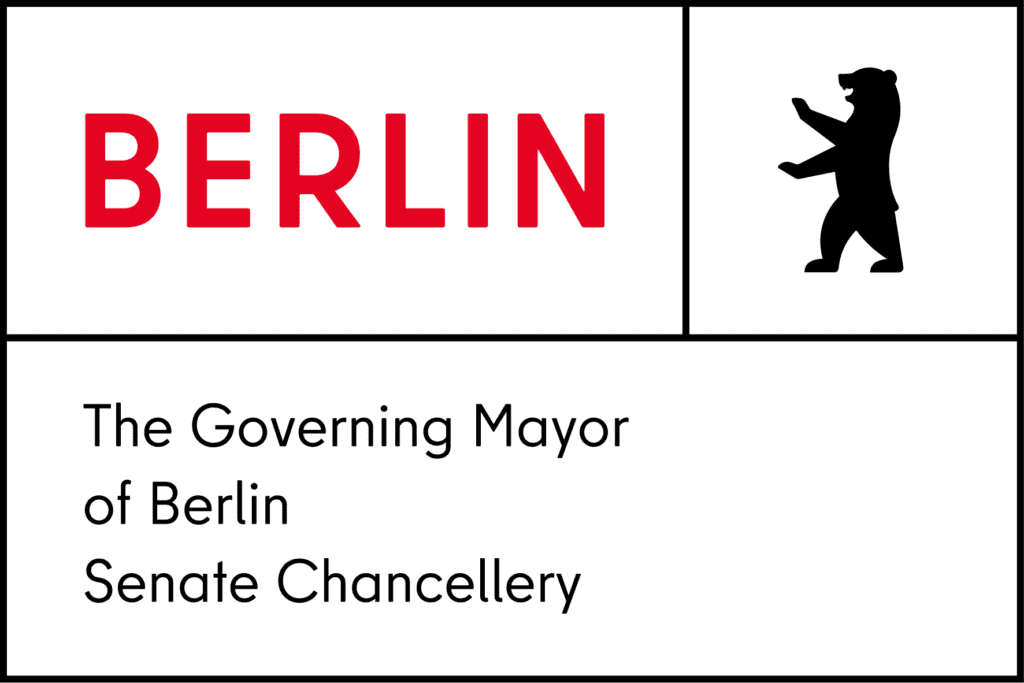CityLAB Berlin celebrates its fifth anniversary at this year’s Sommerkonferenz! Time to embark on a journey – both back to the beginnings and moving forward with a look ahead to the future! Where did we start, and what were the ideas that we brought along with us for Berlin? Which of these were we able to implement, which ones did we discard, and what new plans did we make? We asked two people who had started talking about the idea of CityLAB when others were still dreaming about an innovation lab for Berlin: Nicolas Zimmer, Board Chair of Technologiestiftung Berlin and Dr. Benjamin Seibel, Director of our CityLAB.
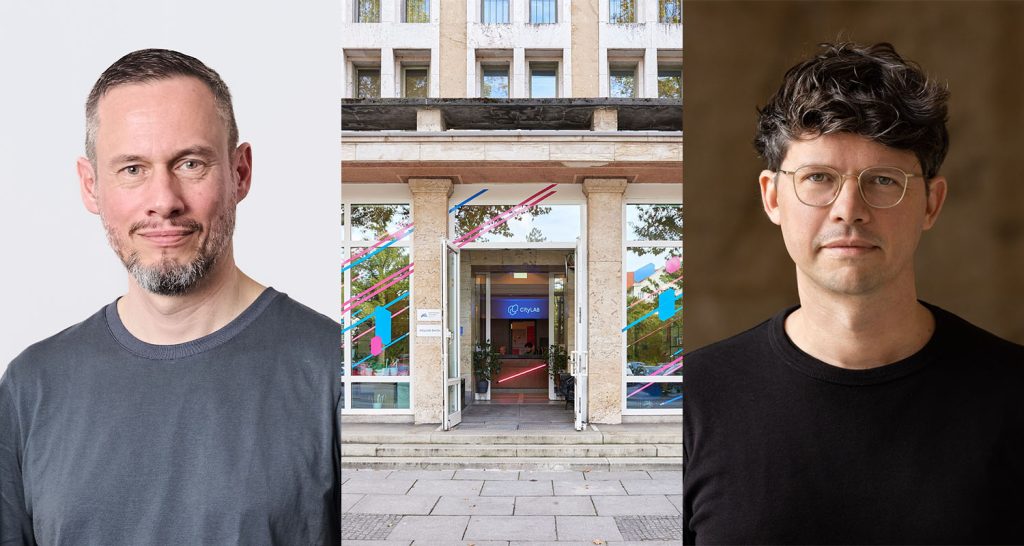
Berlin’s first innovation lab wasn’t actually founded overnight – or was it? From the initial idea to the funding provided by the Senate Chancellery: how did the CityLAB come into existence?
Nicolas Zimmer: The idea for the CityLAB developed quite naturally: it fitted in perfectly with Technologiestiftung’s goal of strengthening Berlin as an innovation hub. When I joined Technologiestiftung in 2013, it quickly emerged – not least in numerous conversations with you, Ben – that it was high time for a cultural shift in terms of administrative digitalization, mobility transition and open data. It then became official with Michael Müller’s 10-point plan – he was mayor at the time: Berlin was to become the digital capital – and it needed a public place where it was possible to come to grips with both digitalization and the smart city in a very hands-on way.
Benjamin Seibel: There was actually a lengthy run-up period: we developed our first concept for a Berlin city lab as early as 2016. The idea was to experiment with the possibilities of urban digitalization in a practical way and involve as many stakeholders as possible. From the outset, there was great support for this idea from all sections of urban society, but there were also some very different ideas about what ought to go on a laboratory of this kind. A lot of explanation work and mediation was required at the beginning. Once the most important questions were clarified, things moved ahead quite quickly. We secured the funding in January 2019 and got the premises in April, and then we officially opened in June.
The very first CityLAB Summer Conference was held in Berlin in 2019 – it was a special day for us! How do you remember the opening?
Benjamin Seibel: Of course we were very excited, and we were very tired, too – during the weeks beforehand we’d worked round the clock to present not only a great event but also put out our first results in terms of content. We were still a very small team back then, maybe six or seven people, so we were all the more pleased to see how much interest there was – the Lab was absolutely packed. A huge summer thunderstorm broke out outside just when Michael Müller started his speech – he was the mayor of Berlin at the time. It was deafening, but somehow atmospheric, too.
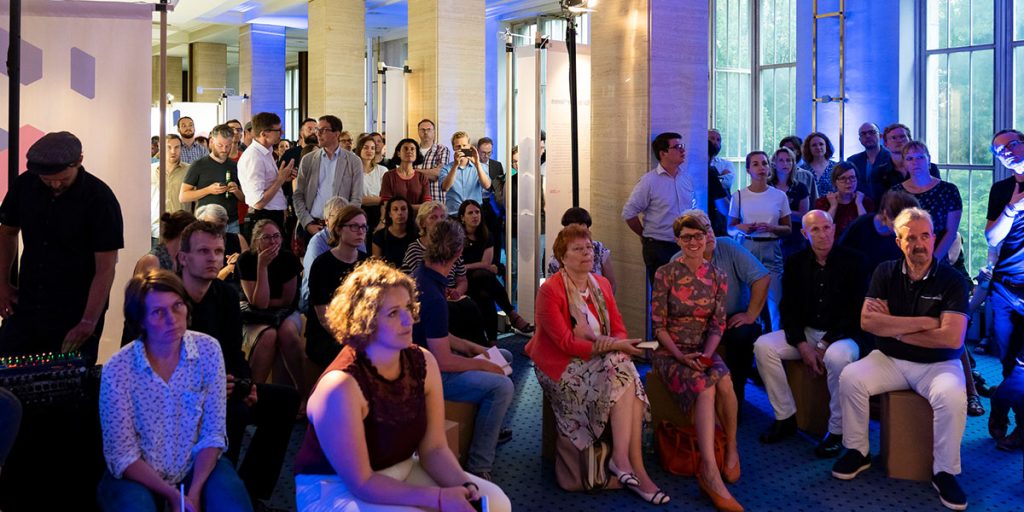
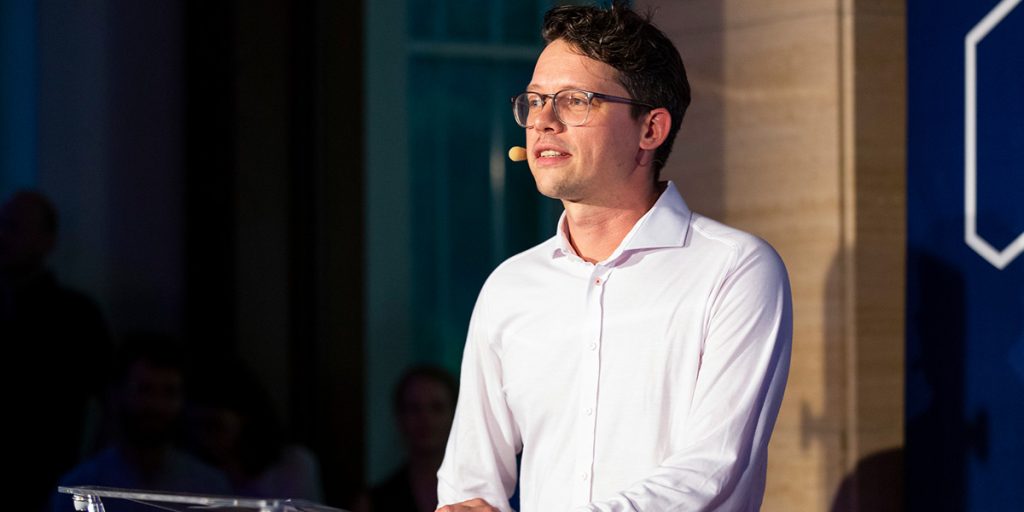
Nicolas Zimmer: I still remember how well the then governor put it in a nutshell in his speech. With the CityLAB, we don’t just want to show what our administration, science and business in Berlin can do. Instead, we want to engage in dialogue with Berliners to find out what kind of future they want and how new digital possibilities could help them. Together with Frank Nägele, who as State Secretary for Administrative Modernisation was largely responsible for making the lab possible in the first place, I toasted to this future. To see this vision realised after just five years in projects such as Gieß den Kiez or the participation process behind Gemeinsam: Digital Berlin is very special.
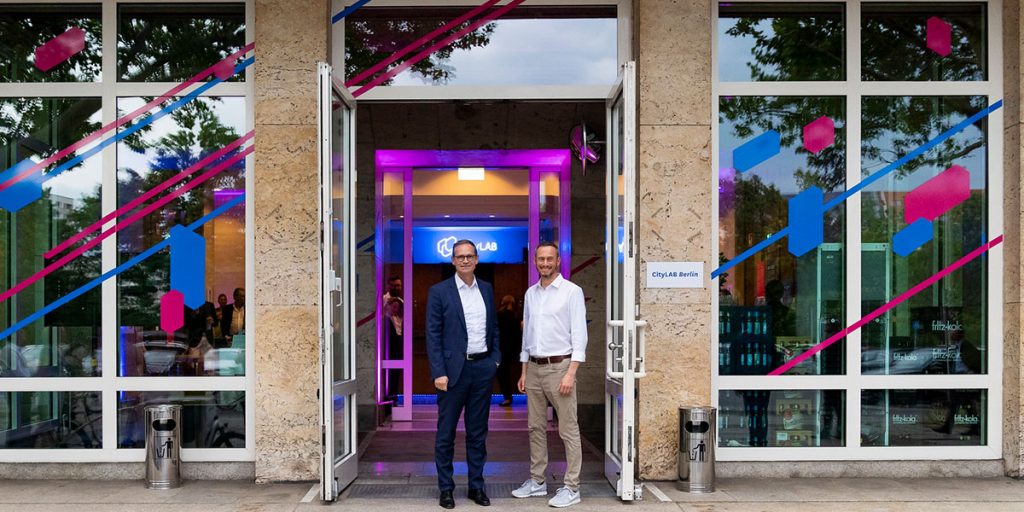
What was the focus of CityLAB at the beginning? Has this changed over time and if so, how?
Benjamin Seibel: Originally the focus was very much on practical experimentation, on “just doing it”. At the time, we felt digitalization was progressing very slowly in Berlin and that a lot of ideas were being talked about in endless rounds of discussion rather than simply being tried out. This was particularly frustrating for digital civil society and start-ups, who were contributing a lot of energy for change. Over the years, strategic issues became more of a focus.
Nicolas Zimmer: At the end of the day, it’s all about ensuring promising innovations find a wider audience so that they can have an impact. Today, I see CityLAB much more as part of an ecosystem that works more closely with Berlin’s administrations. It’s a process of reciprocal learning and alignment that continues to this day.
If you could name up to five milestones from over the past few years, what would they be?
Benjamin Seibel: Based purely on instinct and at the risk of forgetting a lot important milestones, I’d say:
- the viral success of our tree-watering scheme Gieß den Kiez – probably our best-known application to date. At the beginning it was just one of many experiments and we didn’t necessarily expect it to go through the roof the way it did.
- The publication of our handbook Handbuchs Öffentliches Gestalten (Public Design handbook), which we produced in a relatively short time – and through a lot of late nights. This handbook has since virtually become a standard work of reference in the field of public sector innovation and has just been published in its fourth edition.
- And all of our Sommerkonferenzen, of course, which have demonstrated the diversity of our work and where I’ve been able to share the stage with so many of my personal role models over the years, including people like Francesca Bria, Gabriella Gomez-Mont and Bianca Wylie.
- The large-scale participation process which we ran to create the strategy Gemeinsam Digital: Berlin, involving thousands of Berlin residents in all kinds of different ways. Here we took a completely new methodological approach to participatory strategy development – something that even attracted international attention.
- And finally, the release of our AI tool Parla: this opened the door to the productive use of artificial intelligence in public administration. We’ve had a lot of highly enthusiastic feedback from administrative staff, so that’s given us enormous motivation and encouragement.
Nicolas Zimmer: It really isn’t easy to mention everything here, not least because the projects develop a life of their own and live on in other initiatives and sometimes other places. One example of this is Gieß den Kiez: having been taken up by other German cities, it has now inspired an app in Paris. The French team’s visit to CityLAB this spring demonstrated once again that our co-creative approach is growing beyond Berlin, too, shifting the mindset of political decision-makers further afield as well. Numerous cities and ministries have set up innovation labs in recent years that pursue similar objectives to CityLAB. Nevertheless, CityLAB was one of the first urban innovation labs and it remains one of the largest. That in itself is an important milestone.
How would you complete the sentence: “For me, the CityLAB is a place where…?”
Benjamin Seibel: ….. a fantastic Team works to help shape the digitalization of Berlin with lots of energy and joy.
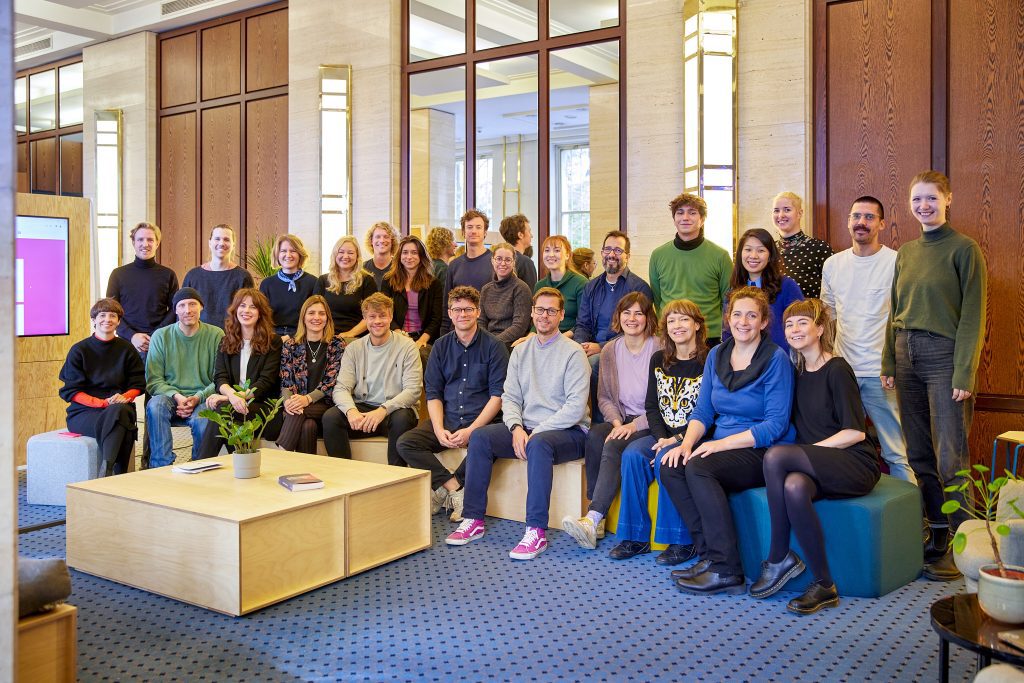
Nicolas Zimmer: … ideas really are embraced in practice: here, digital participation, open source and prototyping are not just concepts – they demonstrate on a daily basis how digitalization can be shaped in a way that contributes to quality of living and is geared towards the common good.
Five years of CityLAB – what would you like to see happen in the next five years?
Nicolas Zimmer: For me, it’s still important for us to remain agile enough to be able to respond to current issues and not to get stuck in a bureaucratic rut. CityLAB has professionalized its current staff of around 30 employees and established impact-oriented structures. The fundamental idea has remained the same but differentiated into various fields of work. In addition to prototype development, we’re now also involved in the design of innovation processes and strategy development – and that’s exactly what I’d like to see for CityLAB in the future, in addition to its vibrant event and outreach program.
Benjamin Seibel: I think that over the last five years we’ve been able to demonstrate the added value that an open innovation lab with strong implementation capabilities can offer a city like Berlin. The task now is to consolidate what we’ve learned and roll out innovation on a broad scale. This requires a healthy dose of pragmatism and even closer cooperation between the various public digitalization players in Berlin.
